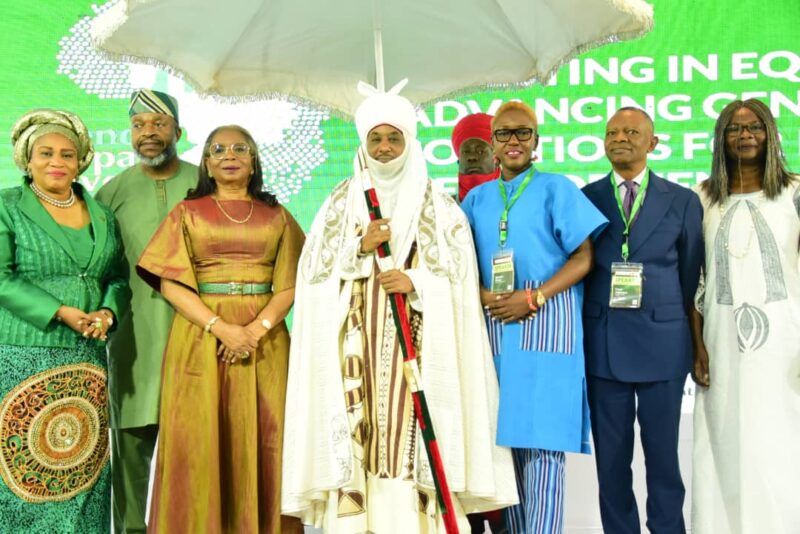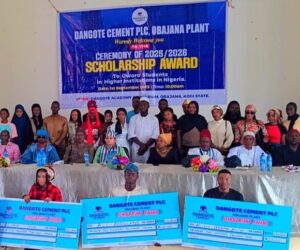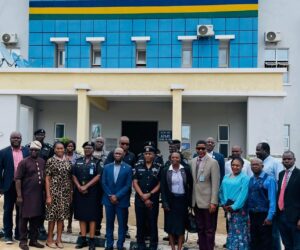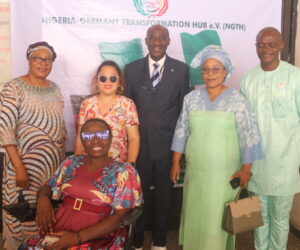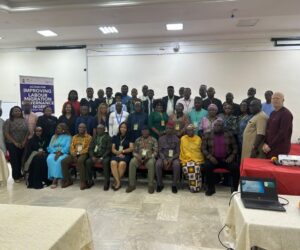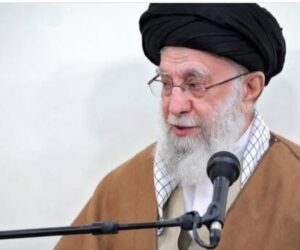By Taiye Olayemi
The Impact Investors Foundation (IIF) has unveiled a Gender Equity and Social Inclusion (GESI) roadmap, a 10-year blueprint, aimed at mobilising $8 billion in inclusive capital by 2035.
The roadmap was unveiled on Thursday at the third Gender Impact Investment Summit (GIIS), held at the Civic Centre, Lagos, with the theme: “Investing in Equity: Advancing Gender-Led Solutions for Inclusive Development”.
The launch also introduced the Nigeria Inclusive Capital Commitment 2035 campaign to drive actionable plans toward the GESI roadmap’s goals
Ms Etemore Glover, the Chief Executive Officer of IIF, said the roadmap was designed in partnership with PricewaterhouseCoopers (PwC) Nigeria to embed gender and social inclusion in Nigeria’s investment space.
According to her, the strategy targets the launch of 40 inclusive financial products for women, youth and Persons with Disabilities (PwDs).
According to her, this will mobilise $1.5 billion domestic capital pools, and achieve 90 per cent integration of GESI principles by investment partners.
She said the roadmap also aimed at enacting 20 new policy and regulatory instruments to promote inclusive growth.
“This GESI Roadmap is not just a plan, it is a blueprint for a significant shift in Nigeria’s economy. The scale of the targets underscores our commitment to a future where no one is left behind.
“This incredibly exciting moment sets a powerful, decade-long course to democratise capital and transform our investment landscape for women, youth, and people with disabilities.
“This third Gender Impact Investment Summit, with the launch of the GESI Roadmap and the Nigeria Inclusive Capital Commitment 2035 Campaign, reaffirms the Impact Investors Foundation’s dedication to establishing actionable interventions that build a gender-inclusive economy, driving prosperity and social impact for profit in Nigeria,” she said.
Also speaking, Ibukun Awosika, Chairperson, GSG Nigeria Partner, emphasised the campaign’s significance.
Awosika said, “The GESI roadmap moves us beyond aspiration to accountability, demanding that stakeholders not only mobilise inclusive capital at scale but also embed GESI principles into every investment decision and policy.
Awosika, also Vice Chair, GSG Impact, said that this would enable the gaps to be closed and unlock Nigeria’s full economic potential.
According to her, it will ensure the nation’s growth is truly equitable and transformative.
Similarly, Jessica Espinoza, CEO of 2X Global, a global industry body for gender lens investing, in her keynote address, emphasised the need for intentional action.
“Progress is strategic, not accidental, which is why the GESI roadmap is a critical blueprint for Nigeria’s future.
“It’s a vital framework for intentionally dismantling financial barriers, empowering women, youth, and people with disabilities, and unlocking the nation’s full economic potential.”
The summit featured goodwill remarks from renowned speakers, panel discussions, fireside chats, and presentations from notable figures in the financial, business, and policy sectors.
The News Agency of Nigeria reports that by signing the Nigeria Inclusive Capital Commitment 2035, stakeholders pledged to take several key actions.
These include mobilising inclusive capital at scale to close gender and inclusion financing gaps and introducing GESI principles into investment decisions, policies, and financial products.
They also pledged to strengthen institutional capacity, pipeline development, and policy coherence; and deliver measurable outcomes that empower women, youth, and PwDs across Nigeria
In a move to facilitate real-world investments, the summit also featured a dedicated, in-person deal room.
This platform provided a direct pipeline for investment-ready, women-led, and women-owned businesses to connect with capital providers, including impact investors, fund managers, and development finance institutions.
This roadmap was developed with support of several institutions and organisations, including PwC Nigeria, GIZ, the Ministry of Women Affairs and Social Development, the Ministry of Youth Development, and the Research and Innovation Systems for Africa (RISA) Fund funded by UK International Development. (NAN) (www.nannews.ng)
Edited by Olawunmi Ashafa

